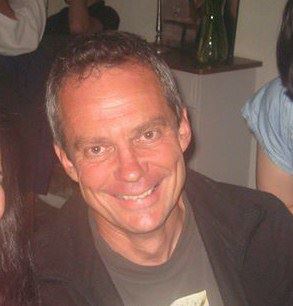
KONVENS 2016
http://www.linguistics.rub.de/konvens16/
The Conference on Natural Language Processing (“Konferenz zur Verarbeitung natürlicher Sprache”, KONVENS) aims at offering a broad perspective on current research and developments within the interdisciplinary field of natural language processing. It allows researchers from all disciplines relevant to this field of research to present their work. The conference will take place September 19–21, 2016 in Bochum (Germany). We are pleased to announce that John Nerbonne and Barbara Plank will give invited talks at the conference.
Call for Papers
We welcome original, unpublished contributions on research, development, applications and evaluation, covering all areas of natural language processing, ranging from basic questions to practical implementations of natural language resources, components and systems.
The special theme of the 13th KONVENS is: “Processing non-standard data — commonalities and differences”.
A wide range of data can be considered “non-standard” because it deviates in one way or the other from standard written data such as newspaper texts. Examples include:
* data produced by language learners
* historical data
* data from social media
* (transcriptions of) spoken data
We especially encourage the submission of contributions comparing different types of non-standard data and their properties, focussing on their impact for natural language processing. For example, a feature common to many types of non-standard data is the use of non-standard spelling. However, spelling variation in learner data as compared to historical data is due to very different reasons and, most likely, resulting in very different types of non-standard spellings.
Topics that we would like to see addressed include:
* Common properties of (many) non-standard data, e.g. non-standard spelling, data sparseness, features of orality
* Impact of the commonalities and differences of non-standard data on the methods and tools that are applied to the data, e.g. normalization vs. tool adaptation, evaluation without gold standard, etc.
Important Dates
NEW: June 7, 2016 Paper submissions due
NEW: July 18, 2016 Notification of acceptance
August 15, 2016 Camera-ready copy due
September 19–21, 2016 Conference
Formats
We welcome two types of contributions:
* Full papers for oral presentation (8 pages plus references)
* Short papers for presentation as posters (4 pages plus references)
Short papers/posters can be combined with a system demonstration. Reviews will be anonymous. Accepted full and short papers will be published in the conference proceedings.
Submissions must conform to the formatting guidelines, and must be made electronically through the conference website (see https://www.linguistics.ruhr-uni-bochum.de/konvens16/call/index.html#formatting-guidelines).
The conference languages are English and German. We encourage the submission of contributions in English.





